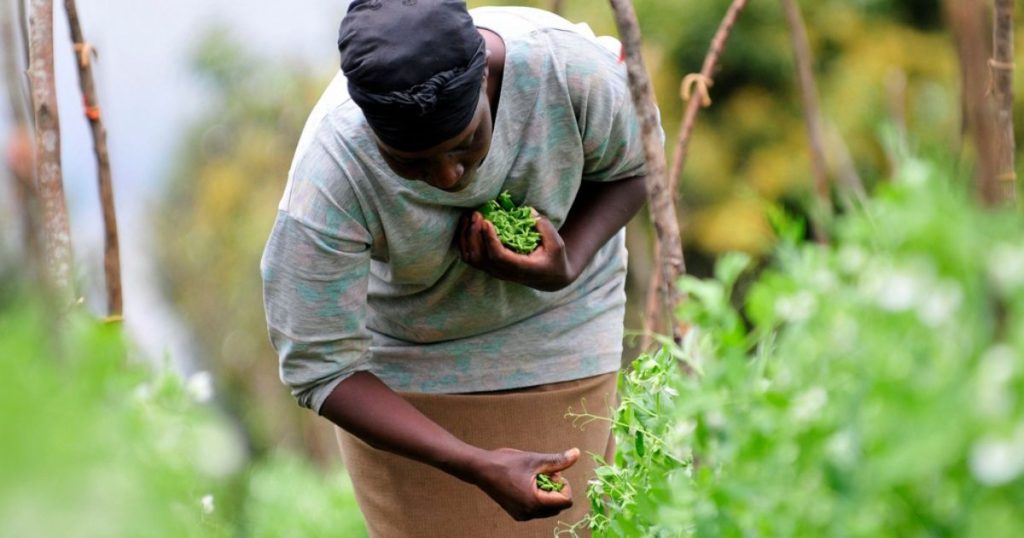Eighty, mostly female-headed households in Salt Spring in St James have been equipped to successfully plant food crops for their subsistence and to develop a sustainable livelihood through value-added production.
Under the Climate Smart Agriculture Project, being undertaken by 360 Recycle, the participants have benefited from agriculture training, and planting materials and containers (planter boxes) made from recycled plastic bottles.
The initiative involved partnership with the Planning Institute of Jamaica (PIOJ), Canada Fund for Local Initiative (CFLI) and the Digicel Foundation. Support is also being provided by the Rural Agricultural Development Authority (RADA) and the Jamaica 4-H Clubs.
The project is providing an opportunity for participants to feed themselves, while at the same time, learn more about climate-smart agriculture and agro entrepreneurship.
General Manager, 360 Recycle, Keisha DeLisser- Cole, says that some 320 planter boxes were presented to the households in Salt Spring.
“There were three workshops done on basic climate-smart farming, container farming and organic farming, which were presented by RADA. They (RADA) provided our seedlings and cared for them until they were at a good stage, and then they handed them out to [the beneficiaries]. Then, we had the agro business aspect of it and that’s when we brought on 4-H to assist and they were phenomenal in that,”
she notes.
DeLisser-Cole said that the decision to take the project to Salt Spring was at the suggestion of one of the entity’s partners.
“Because we are located in Trench Town, we really wanted to do something for that community. But it came up that most of the time when people do projects they are doing them within the urban locations, but what about the rural areas. PIOJ, as well, has a list of communities that they work with. So we said, ‘Let us choose Salt Spring’ and they said ‘Great. Salt Spring will be best’,” she explained
Mrs DeLisser-Cole says that plans are now in motion to get the beneficiaries organised into a cooperative, to enable them to generate income over the long-term from their new ventures.
“The whole plan is not just to give away the planter boxes and then leave. We are also looking to get them organised into a farmers’ union or community farm where they are able now to have farmers’ markets within the community and outside of the community. They will also be able to retail their products,” she pointed out.
“That’s why we are doing the business classes. So it’s how they can now practically organise themselves so that they can continue to do this and benefit themselves and their families,” she added
The participants are appreciative of the initiative and have submitted pictures and samples of the fruits of their labour.
“I can’t tell you how many… people have called me and said ‘Thank you, this is a great opportunity’. They also wished that young men were a part of it on a large scale. They are sending in images of their crops – their kale and broccoli.
“Some people are making juice, some people making salads. It’s great to see the pictures and hearing the people say ‘this is what my garden looks like now.’ I’m so happy,” Mrs. DeLisser-Cole gushes.




